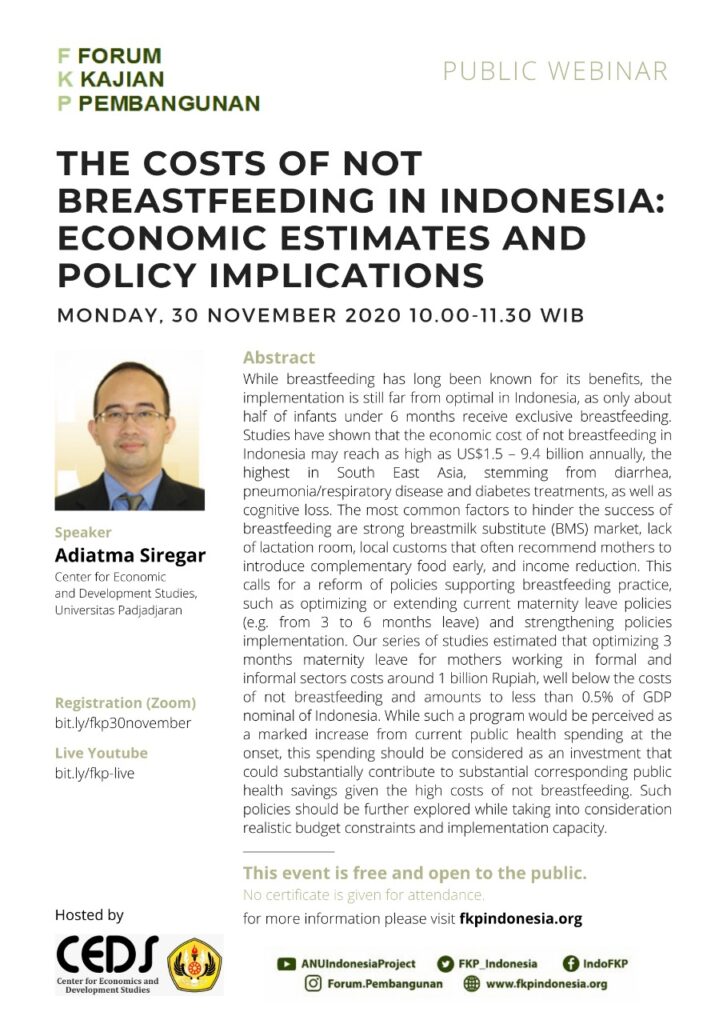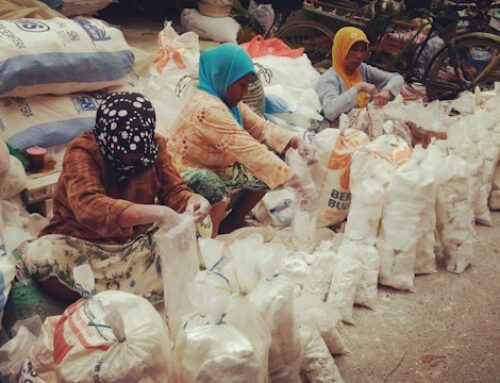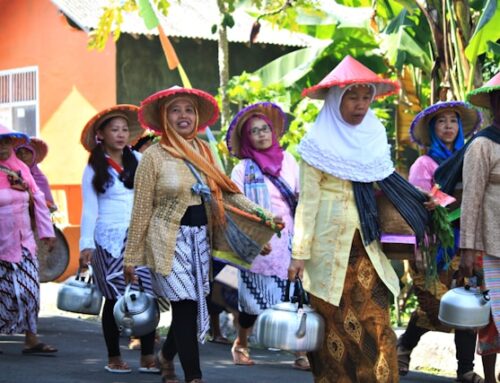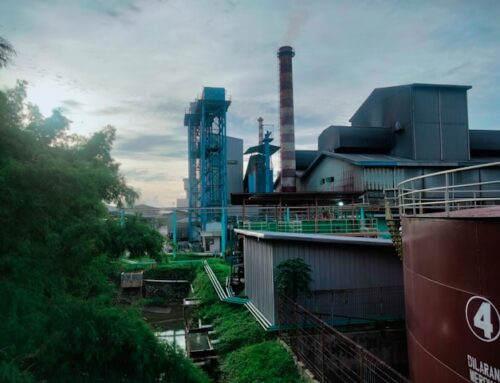While breastfeeding has long been known for its benefits its the implementation is still far from optimal in Indonesia, as only about half of infants under 6 months receive exclusive breastfeeding. Studies have shown that the economic cost of not breastfeeding in Indonesia may reach as high as US$1.5 – 9.4 billion annually, the highest in South East Asia, stemming from diarrhea, pneumonia/respiratory disease and diabetes treatments, as well as cognitive loss. The most common factors to hinder the success of breastfeeding are strong breastmilk substitute (BMS) market, lack of lactation room, local customs that often recommend mothers to introduce complementary food early, and income reduction. This calls for a reform of policies supporting breastfeeding practice, such as optimizing or extending current maternity leave policies (e.g. from 3 to 6 months leave) and strengthening policies implementation. Our series of studies estimated that optimizing 3 months maternity leave for mothers working in formal and informal sectors costs around 1 billion Rupiah, well below the costs of not breastfeeding and amounts to less than 0.5% of GDP nominal of Indonesia. While such a program would be perceived as a marked increase from current public health spending at the onset, this spending should be considered as an investment that could substantially contribute to substantial corresponding public health savings given the high costs of not breastfeeding. Such policies should be further explored while taking into consideration realistic budget constraints and implementation capacity.
Monday, 30 November 2020 at 10.00-11.15 WIB
Speaker: Adiatma Siregar (Center for Economic and Development Studies, Universitas Padjadjaran)
Participate via Zoom (registration required): https://bit.ly/fkp30november
Participate via YouTube bit.ly/fkp-live
Slides and video for past seminars:





